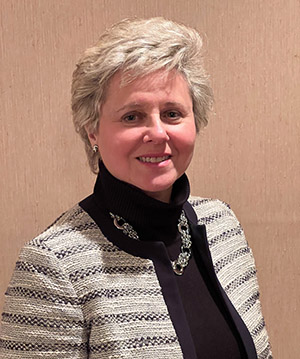
In a near-constant stream of social media images from friends, influencers, celebrities, and brands, it’s all too easy to compare ourselves to an ideal of perfection and beauty. That can make it challenging to have a healthy body image no matter our size. Weight, in particular, can trigger an onslaught of emotions. If you find yourself with a poor self-image, it’s time to change the negative self-talk and be thankful for everything that’s right with your body.
What is Body Positive?
Body positive is a movement that promotes acceptance of all bodies, regardless of size, shape, skin tone, gender, and physical abilities. It encourages a positive body image that’s based on treating yourself and your body with respect and appreciation. Building body acceptance is vital because having a negative body image can lead to eating disorders, mental health conditions, performance-enhancing substance use, and depression or suicide.
How to build a Body Positive image
- Practice gratitude. Be thankful for all your body does for you every day.
- Scrub your social media feed. If certain apps or people make you feel bad about yourself, remove or unfollow them.
- Surround yourself with positive people. They’ll support and love you for who you are, not how you look.
- Give yourself encouragement. Post inspirational quotes on your mirror or repeat a positive saying each morning.
- Focus on yourself as a whole person. Make a list of all the good things you do for family, friends, your workplace, and community.
- Shift your energy when you’re feeling bad. Go for a walk with a friend, write in a journal, or practice mindfulness meditation.
Tips for parents
Kids pick up a lot of cues from their parents, but advertising and social media also play a role in poor body image. To help your children, Mental Health America suggests the following:
DO:
- Love and accept them for who they are.
- Keep an eye on their social media feed and talk with them about what they see.
- Be aware of changes in eating or exercise habits.
- Listen for negative comments about themselves.
DON’T:
- Comment or focus on their (or your own) weight.
- Shame your child for eating certain foods.
- Over-control their eating.
Don’t forget to schedule regular wellness visits with your primary care provider. Talk to your provider about referrals or resources if you need mental health support.
Carolyn Langer, MD, JD, MPH, is the clinical leader and chief medical officer for UniCare, a health benefits company based in Woburn, Mass. She is board-certified in occupational medicine.
